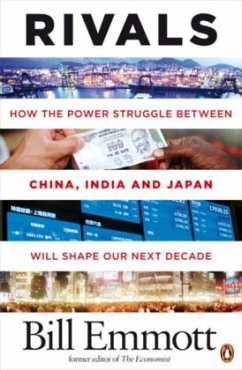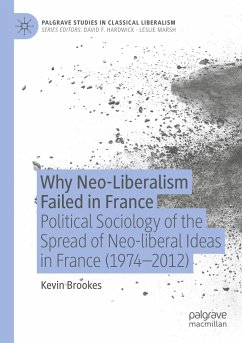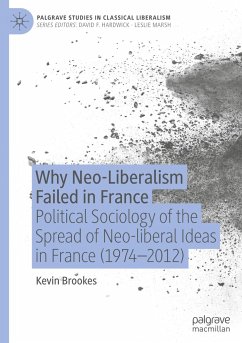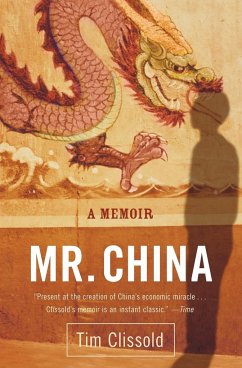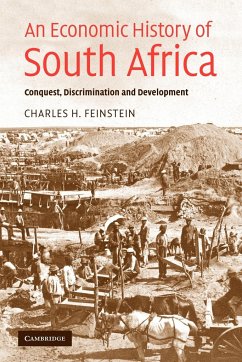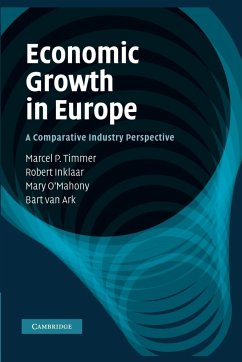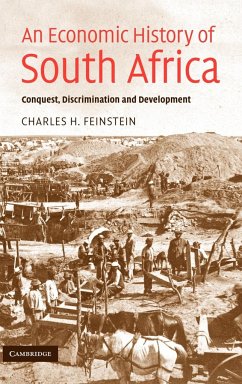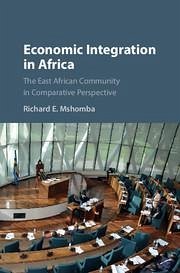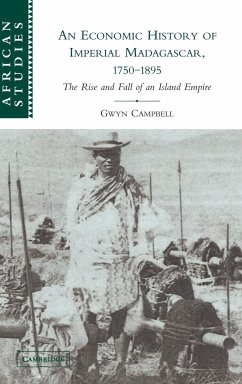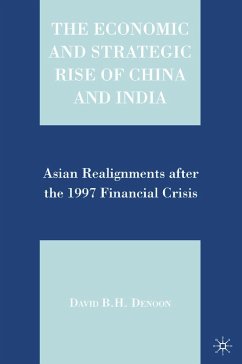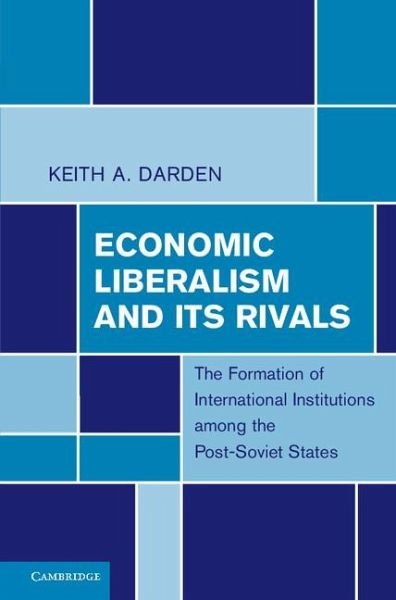
Economic Liberalism and Its Rivals
Versandkostenfrei!
Versandfertig in 1-2 Wochen
47,99 €
inkl. MwSt.

PAYBACK Punkte
24 °P sammeln!
Examines the critical role that the economic ideas of state leaders play in the creation and maintenance of the international economic order. Drawing on a detailed study of the fifteen post-Soviet states in their first decade of independence, interviews with key decision-makers and the use of closed ministerial archives, the book explores how the changing ideas of state officials led countries to follow one of three institutional paths: rapid entry into the World Trade Organization, participation in a regional Customs Union based on their prior Soviet ties, or autarky and economic closure. In ...
Examines the critical role that the economic ideas of state leaders play in the creation and maintenance of the international economic order. Drawing on a detailed study of the fifteen post-Soviet states in their first decade of independence, interviews with key decision-makers and the use of closed ministerial archives, the book explores how the changing ideas of state officials led countries to follow one of three institutional paths: rapid entry into the World Trade Organization, participation in a regional Customs Union based on their prior Soviet ties, or autarky and economic closure. In doing so, the book traces the decisions that shaped the entry of these strategically important countries into the world economy and provides a novel theory of the role of ideas in international politics. Darden examines the critical role that the economic ideas of state leaders play in the creation and maintenance of the international economic order. He traces the decisions that shaped the entry of the post-Soviet states into the world economy and explores the role of ideas in international politics.





